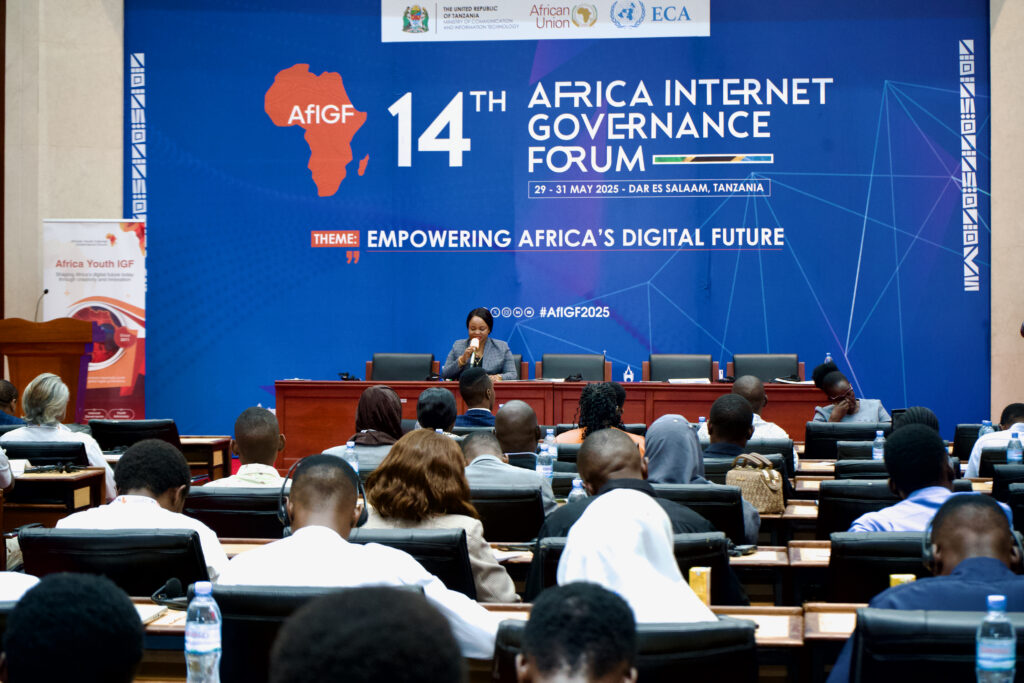This week, Dar es Salaam is not just hosting a major continental event—it’s becoming the epicenter of one of the most important conversations shaping Africa’s future. The 14th African Internet Governance Forum (AfIGF) is bringing together governments, civil society, and the tech industry to address the policies, principles, and practicalities of Africa’s digital evolution.

But amid the speeches and summit buzz, one message is gaining traction: the private sector must have a seat—not in the audience, but at the table.
Airtel Tanzania is leaning into this challenge. As one of the leading voices from the private sector at AfIGF, the company isn’t just here to showcase gadgets or shout about connectivity. It’s here to do something far more consequential: push for smart, inclusive, and future-focused digital governance.
According to Beatrice Singano, Airtel Tanzania’s Director of Communications and Regulatory Affairs, that starts with rethinking how we write the rules.
“We can’t shape the future with yesterday’s policies,” she says. “Technology is moving fast—AI, data flows, spectrum allocation—and unless regulation keeps pace, we risk leaving millions behind.”
It’s a fair point. Africa’s promise of digital transformation depends not just on infrastructure but on the environment that governs it. Airtel argues that inconsistent, outdated, or overly rigid policy frameworks are creating barriers to growth—especially for young tech entrepreneurs, cross-border platforms, and underserved communities.
That’s why this week, the company is advocating for more agile, collaborative governance models—ideas like regulatory sandboxes and public-private labs that allow innovation to be tested safely and scaled responsibly. Think of it as a digital “test and learn” approach for policy.
But Airtel’s role isn’t only about policy talk. It’s also about action. The company is using its platform at AfIGF to spotlight real-world initiatives like SMARTWASOMI and Fursa Lab—programs that bring digital literacy to schools and equip young people with tech skills that matter in today’s job market. Or its ongoing collaboration with UCSAF to extend mobile broadband to remote areas—concrete examples of what happens when infrastructure meets intent.
Singano further detailed that “We’re not just here to make noise. We’re here to learn, to listen, and to make sure that Tanzania’s and East Africa’s private sector voices are not an afterthought—they are part of the design.”
And as the AfIGF gathers momentum under the theme “Empowering Africa’s Digital Future,” Airtel’s presence is a reminder that building that future will take more than public pledges or policy papers. It will take trust. It will take cooperation. And it will take bold private sector players willing to challenge the status quo and advocate for systems that work for everyone.
Dar es Salaam is hosting a conversation this week. Airtel Tanzania is making sure it leads to action.


